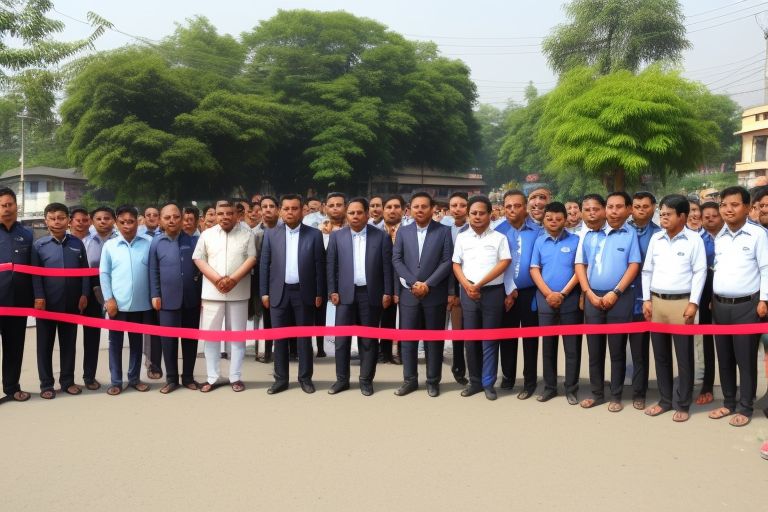However, as part of a progressive process in urbanisation the Lalitpur Metropolitan City has launched a smart city plan of making living and urban governance better. The project was declared by Mayor Chiri Babu Maharjan today and the aims at making Lalitpur into a technological city and friendly one to its citizens.
Smart city as its mentioned includes components such as transport system, issuing and collection of waste, safety andел connectivity. A central traffic management system is one of the major components of this undertaking. Possible technologies to be employed in this system includes; This system generates easy-to-understand videos, compound sensors and cameras to assess the traffic situation in actual time and control the signal regime to prevent traffic jams on Lalitpur’s streets.
Smart waste management is another key element among the activities planned within the framework of the project. They have proposed the use of smart waste bins containing sensors across social places so that workers in charge of collecting the waste bins can be alerted when to collect the bins. Because of such policy-making, it is believed that this approach will increase the cleanliness levels of the streets and other open areas of Lalitpur.
Security of the public is also incorporated in the smart city development. In the metropolitan area there will be the establishment of Closed Circuit Television system where cameras are linked to a central station to monitor various activities. These are supposed to improve security as well as help the police to exercise control and effectively counter any incidents.
Smart city has its foundation anchored on digital linkage. The local government has joined hands with the telecom companies to extend the 4G internet connectivity in Lalitpur. Some of the public Wi-Fi hotspots will be created in certain areas to ensure that citizens and guests enjoy wi-fi connection for free.
In an interview with the Mayor, Maharjan stressed that the smart city project can only become effective only with the support of the citizens. A mobile application will be created to enable citizens to report cases, receive services and make their suggestions to the government of the city. This is a social media created to enable enhanced citizenship relationship between the citizens and the city authorities.
There is also on aspect of sustainable energy solutions in the overall concept of the smart city. Other power solutions include the laying of solar power panels on government buildings and other public places so as to help slash on the energy bills as well as carbon footprint. Also, intelligent lights for streetlights that adapt their illumination depending on the existing ward and flux movement among those paths will be installed in Lalitpur.
Besides, the education and healthcare sectors of Koh Kong province will also be benefitted from the smart city project. It became clear that the local government intended to make schools in its territory equipped with an up-to-date technology and make students have access to digital sources of knowledge. Telemedicine facilities will be put in place therefore enhancing people’s access to health care particularly in the metropolitan region from where people live in remote areas.
Of course, this decision has been received by various populace with enthusiasm; however, some people ^{26} do have their concerns regarding the cost and time necessary for construction of the project. To these issues, Mayor Maharjan responded that the proposed plan would take at least five years to be realized to the last detail and would be financed by government, private and international development partners’ funds.
Local industries on their part have endorsed the smart city initiative though perceiving it as an avenue for emerald economic growth and development. The Lalitpur Chamber of Commerce and Industry supported the project saying it will bring new investment and generate employment opportunities in technology field.
The establishment of the smart city plan has also been applauded by environmental organizations based on the; the use of renewable power and efficient waste management systems. However they have advocated for environmental assessment of every new structures and infrastructure that is being put in place.
Overall, while responding to the first alerts towards the making of smart city there is a sense of eagerness as evident in Lalitpur. The result of this program must also become an example for other cities in Nepal and beyond a whole. Being one of the most populous cities in Nepal with a day-to-day modern patterns blend with their ancient culture, Lalitpur is a perfect candidate for the unique combination of tradition and technology.
The next few months promise to be interesting as the smart city project in the first phase goes into realization. The authorities of Lalitpur have stated their intention to report to the public and seek its input constantly to guarantee the provision of the initiative corresponds to the desire of all citizens. Looking at the prospect of this project, all the attention will be paid to Lalitpur since it will be the city to take the step for the better and transformation into a smarter city with better handling of resources.


